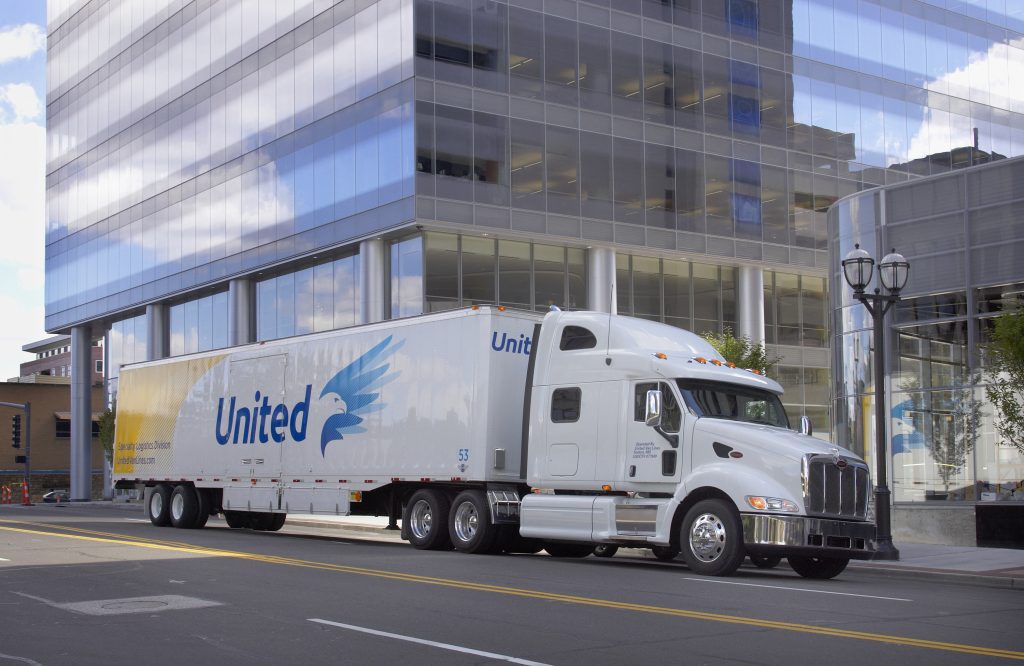When preparing for a household move, creating a budget beforehand helps you plan for the inevitable and the unexpected. Check out a few crucial costs to include in your moving budget that can be easy to overlook.
1. Deposits for new utility services
The costs for deposits on new utility services can be highly variable. According to Rent.com, the prices can vary from less than $100 to several hundred dollars, depending on location, average prior bills at the address, and your credit history. Be sure to reach out to utility companies in advance to understand how to estimate your deposit costs. Then, include these costs in your moving budget.
2. Money to grab dinner out when necessary
You can make all your meal plans and even do some food prep in advance. However, time can easily slip away when you are in the middle of the most complex parts of your move. There will likely be a morning when cooking breakfast is out of the question or an evening when pulling together something for dinner is impossible. Go ahead and create a small cushion in your budget for grabbing food out when needed.
3. Storage rental
While many people know before they start packing that they will need to rent storage, it is possible to realize you need storage space after getting to the new place. If you have a lot of belongings and intend to downsize to a smaller home, make sure you have a little “just-in-case” money in your moving budget to pay for storage.
4. Emergency fund for the unexpected
A flat tire, a lost dog leash, an unanticipated dead battery on your car, a trip to the doctor for a sprained ankle—you never really know what unexpected emergencies a move could bring. Pencil in a bit of wiggle room with your budget to avoid an emergency with no funds to cover the cost.
5. Pet boarding or pet-sitting
You may intend to keep your beloved cat, dog, or other pet with you during the move. However, it is plausible to run into situations when you need a little help. Make sure you have funds to pay for a pet-sitter or pet-boarding if required.
6. Hotel stays for long-distance moves
Moving long-distance means more potential for something to come up that requires more money. A prime example is getting stuck in traffic for several hours and needing to find a place to sleep on the fly because you can’t keep driving. So, tuck away enough money in your moving budget to cover at least one night at a hotel if necessary.
7. Replacing food
Like most people, you will use up the bulk of your perishable and open foods before moving and avoiding grocery shopping. And you might donate your non-perishable items to lighten your load. However, you will probably need an in-depth grocery trip once you get settled, resulting in a higher than usual grocery bill.
Need help with your residential move? Reach out to get the conversation started about how professional movers can help.



